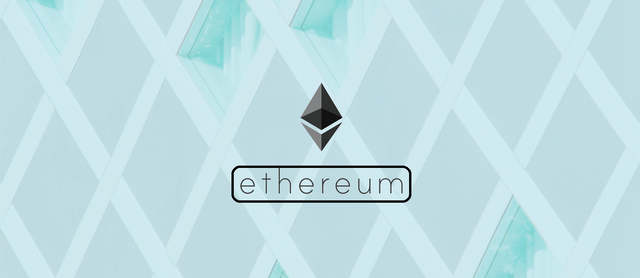PRICE OF ETHEREUM IS DIFFERENT IN AGFAINSTHAN...
Hello friend welcome once again today i will discus about Young women coders in Afghanistan are getting a chance to use Ethereum cryptocurrency.
Revealed exclusively to CoinDesk, Code to Inspire, a non-profit for teaching women in Afghanistan to write code, has partnered with the Bounties Network to allow students to accept ether for fixing vulnerabilities for businesses or projects posting bounties. And according to Fereshteh Forough, the women have already begun earning the second largest cryptocurrency by total value.
The partnership was first inked in May, and once the women were set up with MetaMask accounts and software wallets, they began earning between $10 and $80 per bounty (depending on the project) they completed, Forough said.
While rough didn't expand on how much ether altogether has been collected by the women, this isn't her first foray into facilitating crypto payments to remote workers in Afghanistan.

In 2014, Forough collaborated with fellow Afghan entrepreneur Roya Mahboob to offer Afghan women the ability to earn bitcoin by blogging. But the program ran into roadblocks since there wasn't a local cryptocurrency exchange to provide liquidity (cash for crypto) and most of the bloggers didn't have bank accounts anyway, whereby they could get a global exchange to transfer the converted crypto into.
"The challenge was how to exchange [bitcoin] to the local fiat currency," Forough told CoinDesk.
At the time, Forough and other CTI representatives would accept the women's cryptocurrency and give them cash in return, but this process had its drawbacks.
Ether is unlikely to fare much better in these conditions, but regardless, Forough believes exposing the women to ether (and cryptocurrency broadly) has priceless educational value.
"I personally think it is good to have digital literacy or financial literacy, the knowledge, especially for women in Afghanistan that are limited from accessing a lot of financial resources, such as banks," Forough said. "It's an amazing technology, not only in case of financial aspects but also in terms of using blockchain technology to create different products that could tackle, maybe, one of these [local access] issues."

Plus, because the Bounties Network doesn't only offer technical assignments (there are translation jobs and other projects on the site), the girls might better engage with the ethereum community as they learn to code.
"Because it's a task, which you can create for anything with a reward at the end, you could potentially use it for so many different collaborations," Simona Pop, head of community at Bounties Network, told CoinDesk.
Case in point, the partnership has launched a MetaMask course for CTI students and will soon create an online store where students can buy and sell the products and services they and their classmates develop in the broader course.

Circular economy
Speaking of what's called a circular economy – whereby the women can be compensated in ether and then use that ether to buy other products – this has been the real problem with crypto adoption in the developing world.
And it's a problem that often requires systemic change.
Whereas Venezuelan cryptocurrency enthusiasts can use bitcoin, ether and even zcash to buy rice, diapers and other essentials online, then have those items shipped to their homes, this isn't the case in Afghanistan, where Forough said the postal service isn't reliable and many roads and houses aren't marked like they are in other parts of the world.
Still, cryptocurrency has gained some traction in the country since Forough first started experimenting with it in 2014.
.jpg)
"There are girls in Afghanistan who know how to code," Forough said, adding:
"And they are going to change the future of Afghanistan, their country, by just accessing this 21st-century knowledge."
~ Students in Afghanistan image via Code To Inspire
Nice information for eth
great information you shared.